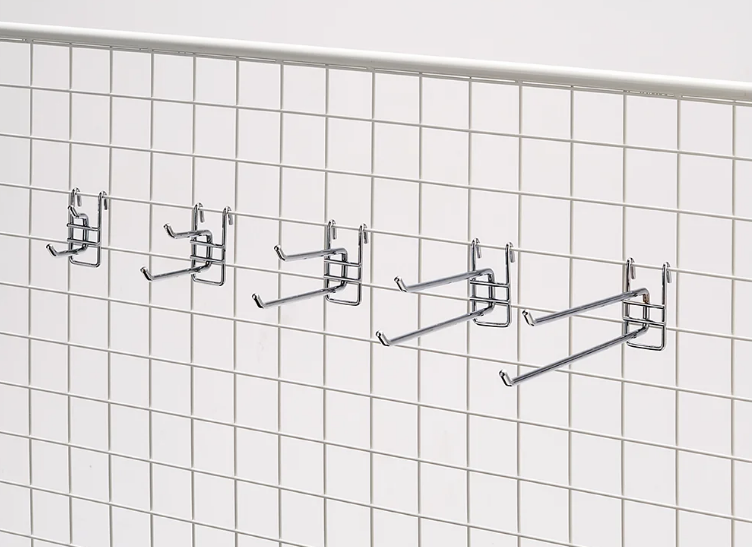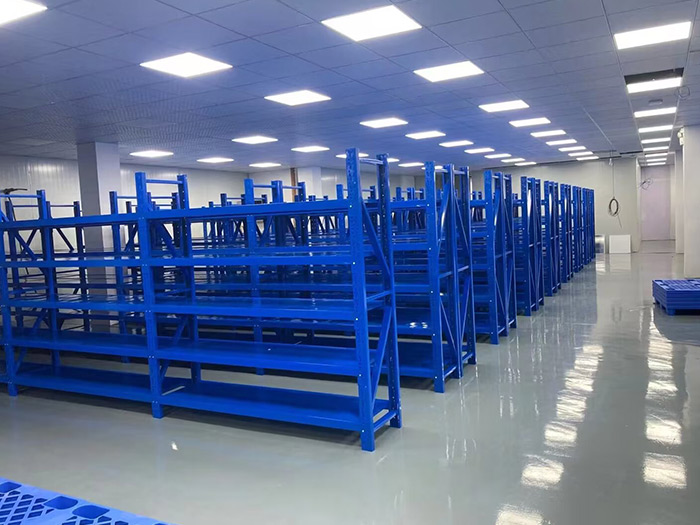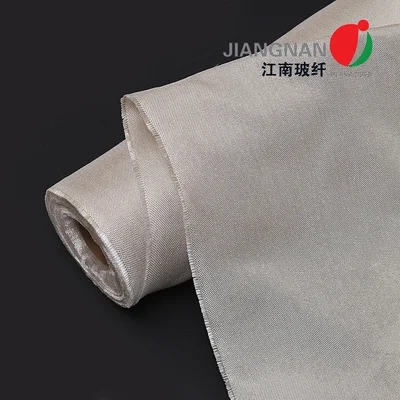When it comes to constructing or renovating a building, durability is a crucial factor to consider. Walls, being the foundation of any structure, need to withstand the test of time, environmental factors, and potential wear and tear. In this blog post, we will delve into the world of construction materials and explore the most durable type of wall, providing you with valuable insights to make informed decisions.
- Reinforced Concrete Walls:
Reinforced concrete walls have long been hailed as one of the most durable options available. Combining the strength of concrete with the reinforcement of steel bars or mesh, these walls exhibit exceptional resistance to various forces, including compression, tension, and bending. Their durability makes them suitable for both interior and exterior applications, ensuring longevity and structural integrity. - Structural Insulated Panels (SIPs):
Structural Insulated Panels, or SIPs, have gained popularity in recent years due to their outstanding durability and energy efficiency. Composed of a foam core sandwiched between two rigid panels, typically made of plywood or oriented strand board (OSB), SIPs offer excellent insulation properties while maintaining structural strength. These walls are known for their resistance to moisture, pests, and extreme weather conditions, making them an ideal choice for both residential and commercial buildings. - Rammed Earth Walls:
Rammed earth walls have been used for centuries and are renowned for their durability and sustainability. This construction technique involves compacting layers of earth, such as clay, sand, gravel, and sometimes cement, within a formwork. Once dried and hardened, rammed earth walls become incredibly strong and resistant to fire, pests, and even earthquakes. Additionally, they provide excellent thermal mass, regulating indoor temperatures naturally. - Steel Stud Walls:
Steel stud walls have gained popularity in commercial construction due to their exceptional durability and versatility. These walls consist of a steel frame, typically made of galvanized steel, which is lightweight yet incredibly strong. Steel stud walls offer resistance to moisture, mold, and pests, making them suitable for various environments. Additionally, they can be easily customized to accommodate wiring, plumbing, and other utilities, providing flexibility in design. - Fiber Cement Walls:
Fiber cement walls have emerged as a durable alternative to traditional materials like wood and vinyl siding. Composed of cement, sand, cellulose fibers, and additives, fiber cement boards offer exceptional resistance to fire, moisture, pests, and rot. They are also highly stable, with minimal expansion and contraction due to temperature changes. Fiber cement walls come in various textures and finishes, allowing for versatile and aesthetically pleasing designs.
Conclusion:
Choosing the most durable type of wall is a critical decision in any construction project. Reinforced concrete walls, structural insulated panels (SIPs), rammed earth walls, steel stud walls, and fiber cement walls all offer exceptional durability and unique advantages. Consider factors such as climate, budget, and design requirements when making your decision. By selecting the right material, you can ensure a long-lasting, resilient, and visually appealing structure that stands the test of time.


